My Brussels Sprout Plants Bolted: Reasons Why Brussels Sprouts Are Bolting
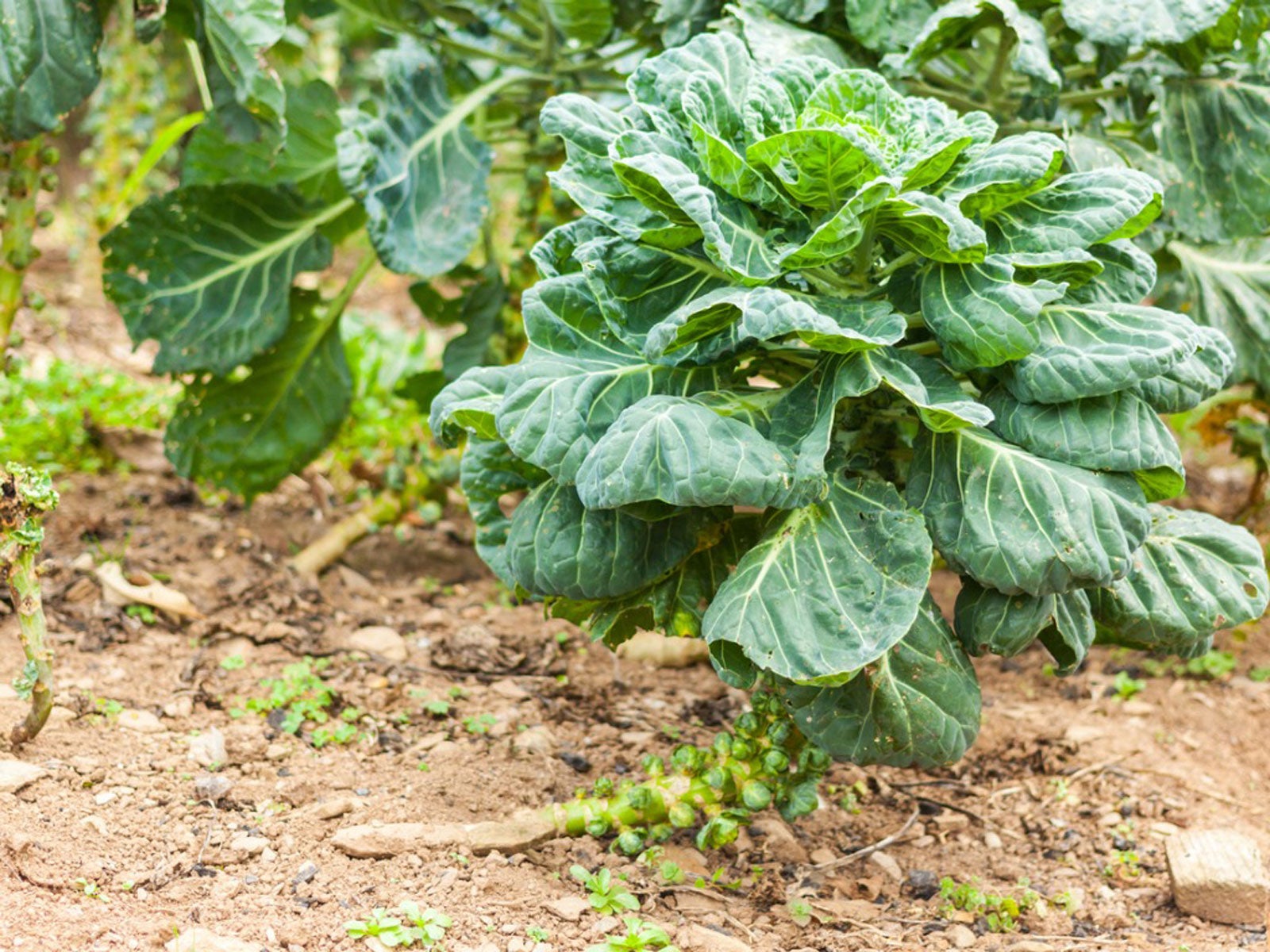
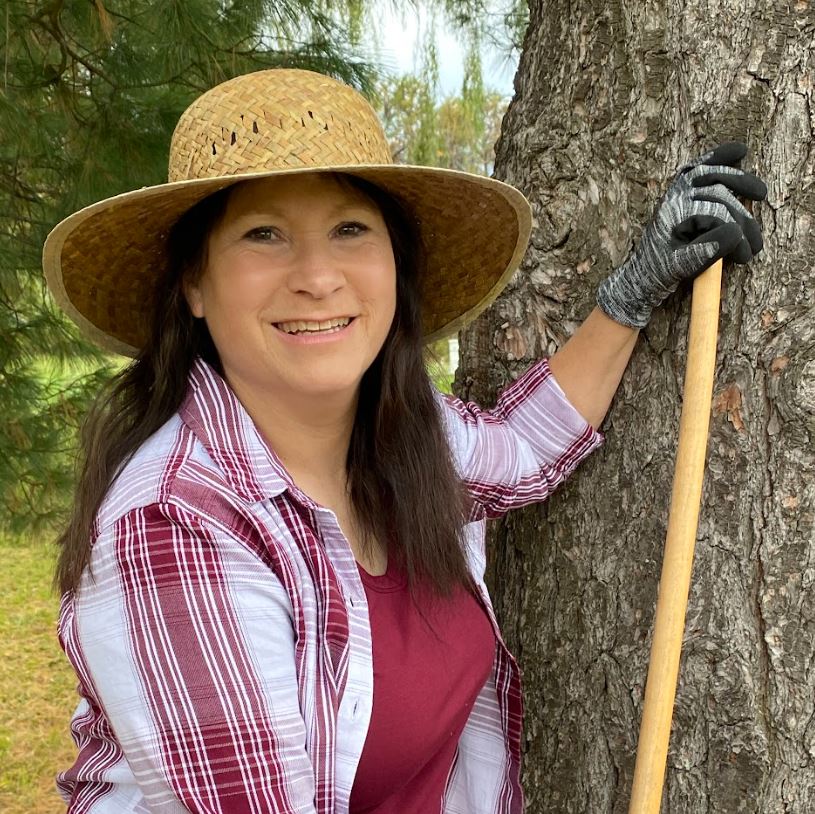
You tenderly plant them, you carefully weed them, then one hot summer day you discover your brussels sprouts are bolting. It's frustrating, especially if you don't understand how to stop brussels sprouts from bolting. One thing is clear. Once they begin flowering, brussels sprouts won't produce those mini cabbage-like heads that have become so popular in roasted vegetable medleys.
Brussels Sprouts and Bolting
Bolting is a plant's natural inclination to propagate. When temperatures and daylight hours increase, annual leafy green vegetables, like lettuce, will quickly send up a stem with a flowering head at the top. When this happens, the plant puts its energy into flower and seed production, not leaf growth.
Biennials, like brussels sprouts, can bolt for slightly different reasons. These plants have a two-year life cycle. During the first year, the plant concentrates its energy on leaf production. When temperatures stay warm enough for the biennial to survive the winter, the second year is dedicated to flower and seed production.
Exposing young biennials to cold weather early in their first year can trigger these plants into thinking they survived the winter. Then, when warm temperatures arrive in the summer, these biennials think it's year number two and begin flowering. Brussels sprouts tend to bolt if planted at the wrong time of year.
How to Stop Brussels Sprouts from Bolting
First and foremost, it's essential to plant cool-season plants that are prone to bolt at the correct time of the year. If your brussels sprout plants bolted last year, try re-evaluating your planting schedule. The optimal time to plant brussels sprouts depends upon your climate and the harshness of the winter months.
- Warm winters (Temperatures rarely dip below freezing): Sow brussels sprout seeds directly into the garden soil in late summer. Harvest time, mid to late winter.
- Mild winters (Temperatures occasionally drop below freezing): Sow brussels sprout seeds directly into the garden soil in early to midsummer. Harvest time, mid fall to early winter.
- Cold winters (Temperatures remain below freezing): Start brussels sprouts indoors several weeks before the last frost. Harvest time, early fall.
Unusual weather patterns and inadequate growing conditions can also contribute to leafy vegetables prematurely flowering. If you've planted at the correct time and you still find your brussels sprouts are bolting, try the following tips:
- Apply a generous layer of mulch around your brussels sprouts. Mulch helps retain soil moisture, reduces competition from weeds, and keeps the soil temperature cooler.
- Water brussels sprouts during dry spells. They prefer a consistently moist soil.
- Plant brussels sprouts in tightly packed, fertile soil. Periodically apply a high nitrogen fertilizer to stimulate leaf growth.
- Protect young seedlings and new transplants from unexpected cold snaps. Bring potted seedlings inside and cover garden transplants.
Finally, if all else fails and you still find flowering brussels sprouts in the garden, choose hybrid varieties of brussels sprouts that are slow to bolt. Many heirloom brussels sprout varieties, while great tasting, are more prone to bolting.
Gardening tips, videos, info and more delivered right to your inbox!
Sign up for the Gardening Know How newsletter today and receive a free copy of our e-book "How to Grow Delicious Tomatoes".

Laura Miller has been gardening all her life. Holding a degree in Biology, Nutrition, and Agriculture, Laura's area of expertise is vegetables, herbs, and all things edible. She lives in Ohio.
-
 Looking For Plants To Give You The Soft And Fuzzies? Try These 5 Fuzzy Leaf Plant Options
Looking For Plants To Give You The Soft And Fuzzies? Try These 5 Fuzzy Leaf Plant OptionsLovers of texture, drama, silver foliage and tactile plants will adore these special sensory garden additions. These fuzzy leaf plant options will leave you all aglow
By Susan Albert
-
 Get Ready For A Summer Of Hummers! Grow These Full Sun Hummingbird Plants and Flowers
Get Ready For A Summer Of Hummers! Grow These Full Sun Hummingbird Plants and FlowersIf you’re lucky enough to enjoy a sunny backyard, make sure you are maxing out on your pollinator opportunities and grow these full sun hummingbird plants and flowers
By Tonya Barnett
-
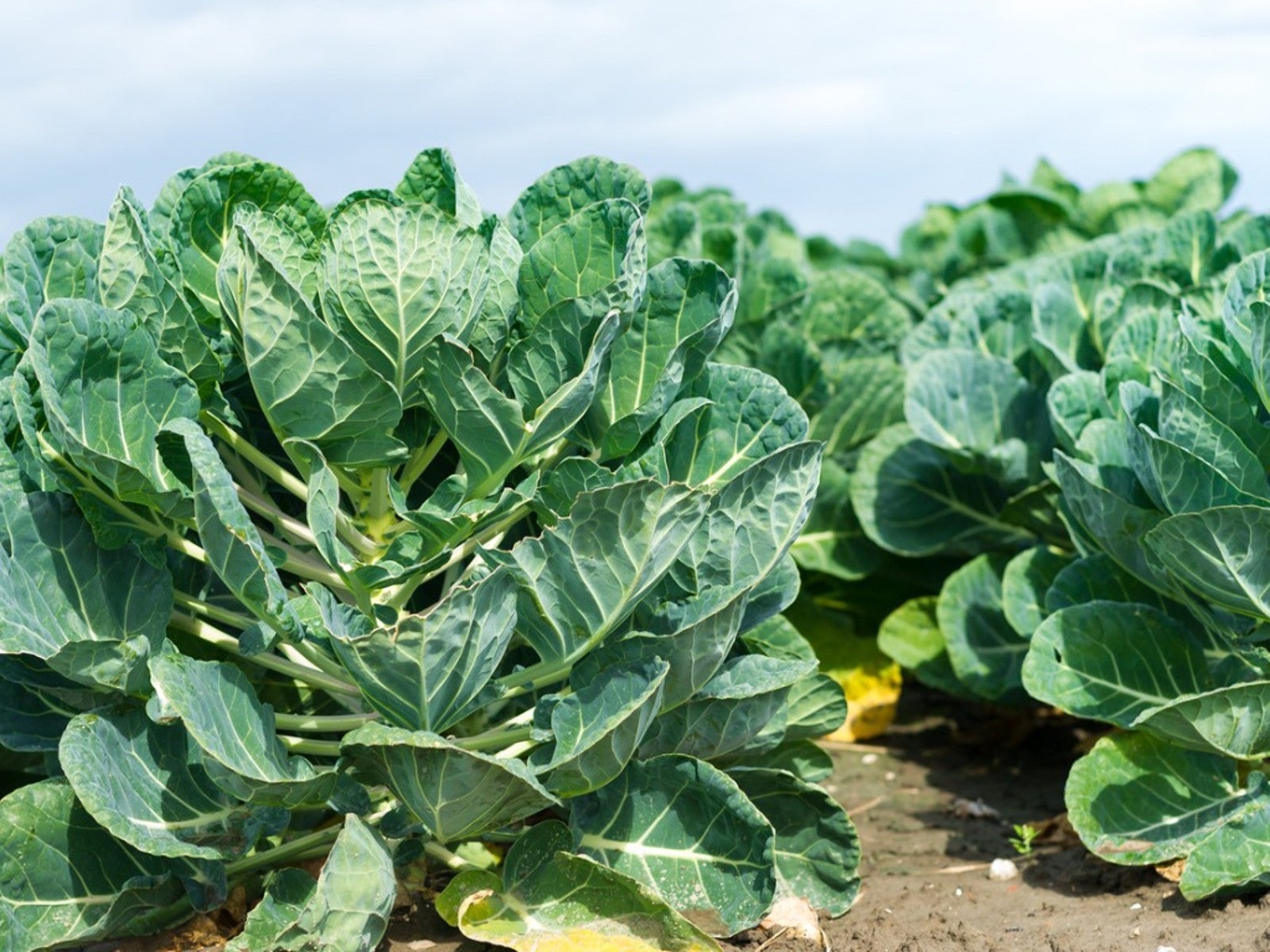 Reasons For No Brussels Sprouts On Plants
Reasons For No Brussels Sprouts On PlantsBrussels sprouts are a healthy superfood in the garden. Learn why they sometimes don’t produce properly.
By Laura Miller
-
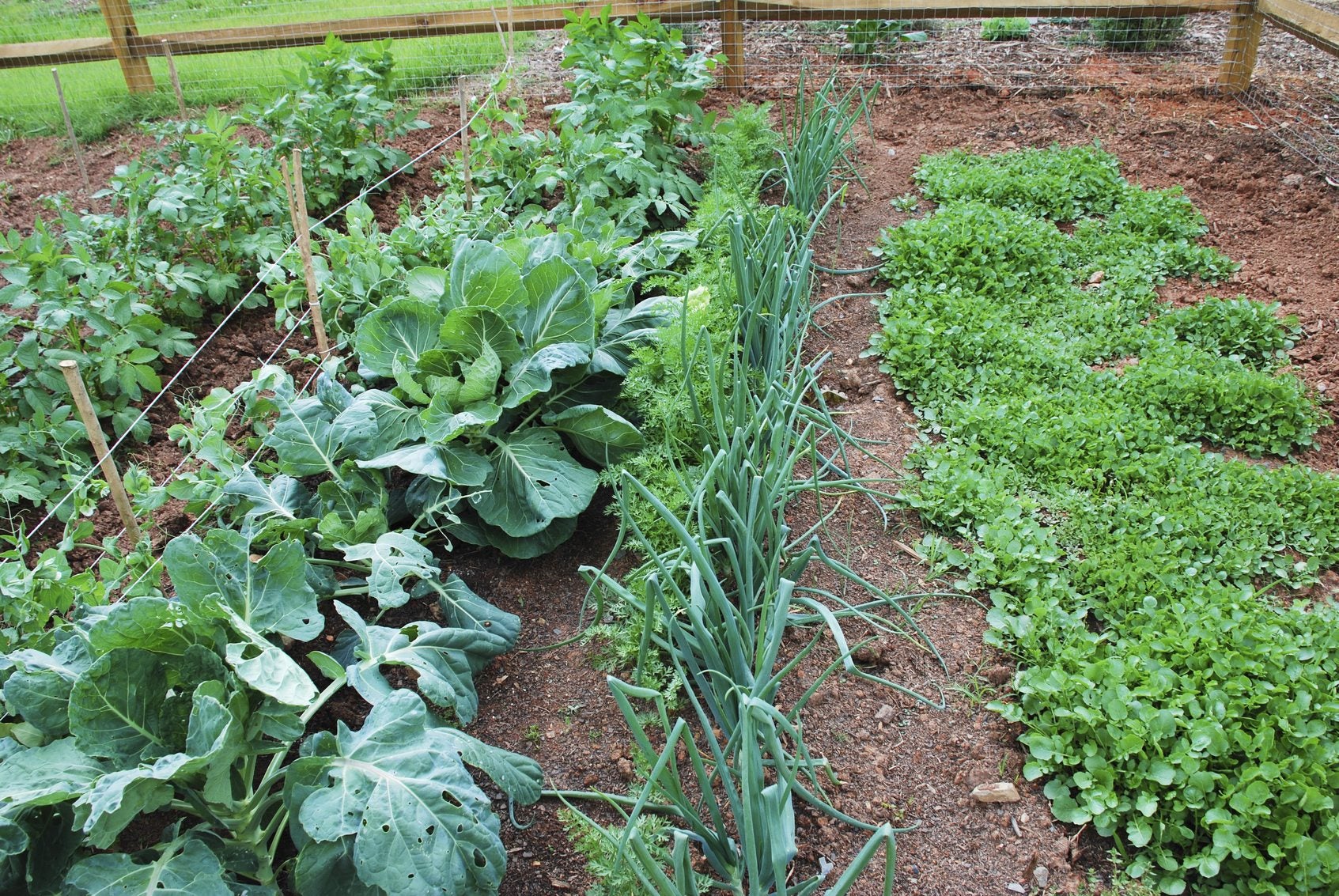 Brussels Sprouts Companion Plants – What To Grow With Brussels Sprouts
Brussels Sprouts Companion Plants – What To Grow With Brussels SproutsThe downside of planting cruciferous relatives with Brussels sprouts is that they also share similar pests and diseases. Are there other Brussels sprout companion plants that might be a better choice? Click this article to find out.
By Amy Grant
-
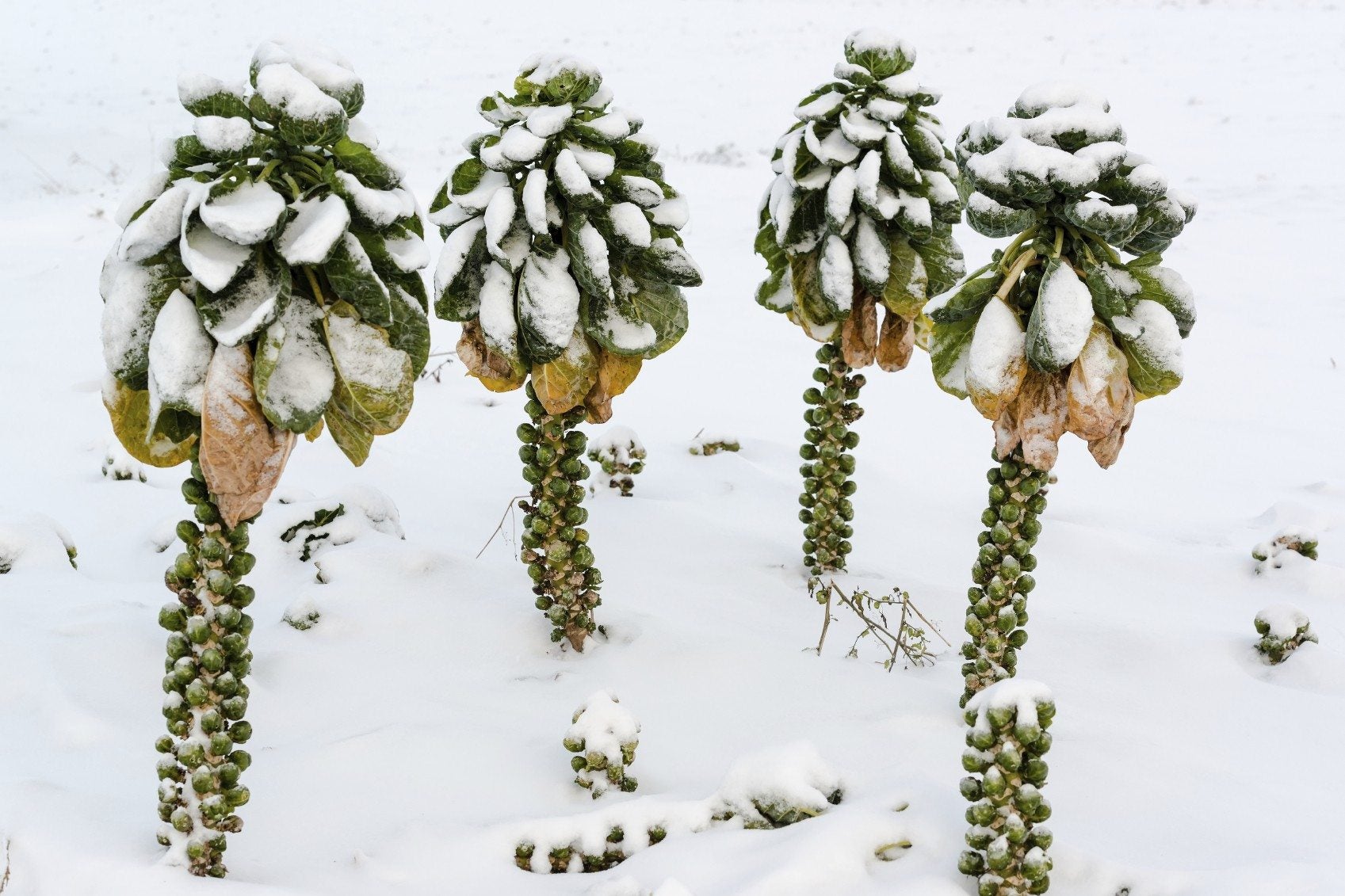 Winter Care For Brussels Sprouts: How To Grow Brussels Sprouts In Winter
Winter Care For Brussels Sprouts: How To Grow Brussels Sprouts In WinterDo Brussels sprouts need winter protection or any other special winter care? The following article contains information about how to grow Brussels sprouts in the winter and winter care for Brussels sprouts. Click here to learn more.
By Amy Grant
-
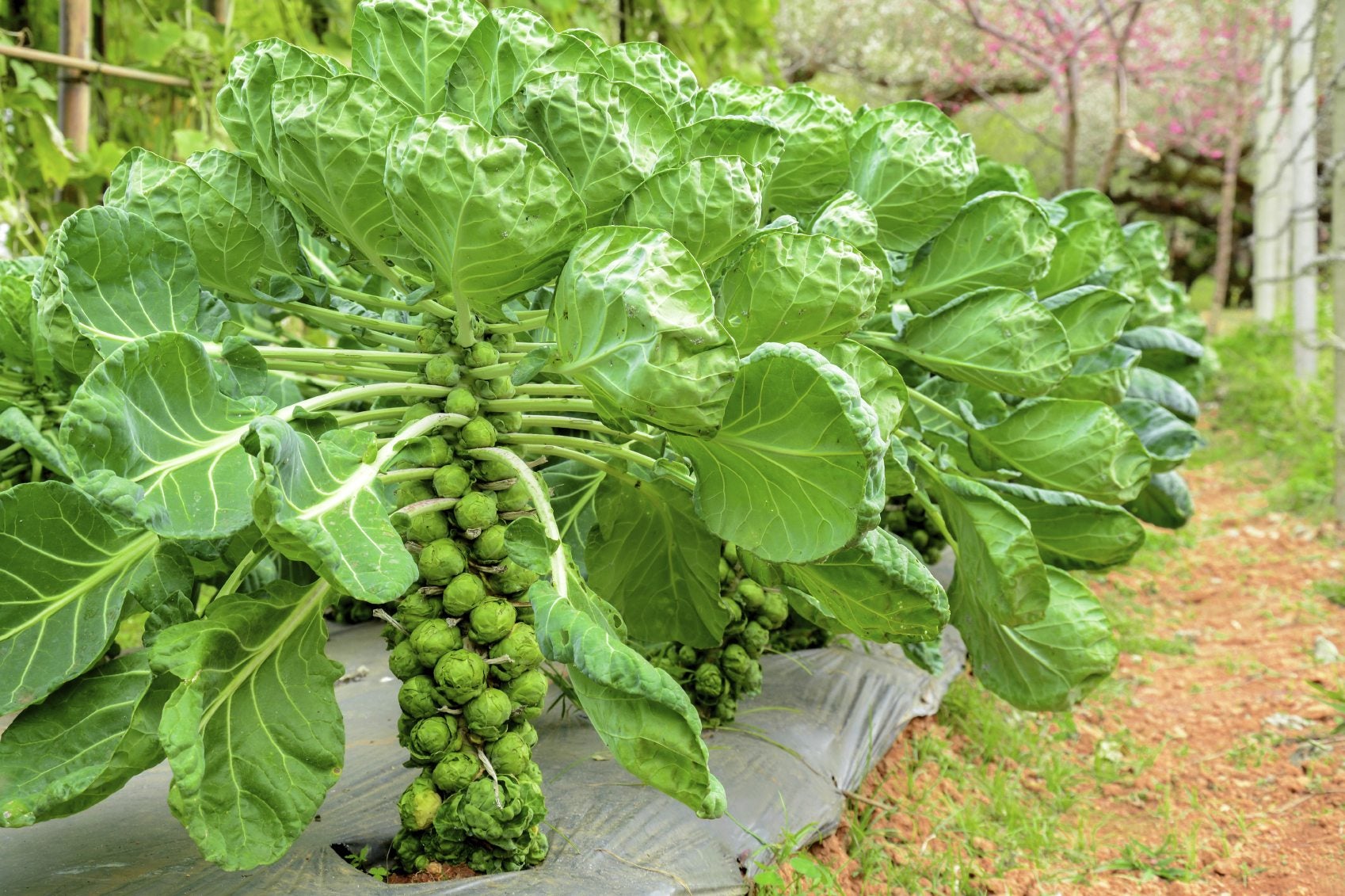 Pruning Brussels Sprouts: When To Prune Leaves Of Brussels Sprouts
Pruning Brussels Sprouts: When To Prune Leaves Of Brussels SproutsBrussels sprouts, it seems you either love them or hate them. If this is your first time growing your own, you might be wondering how to trim Brussels sprout plants or do you even have to trim Brussels sprouts? Learn more in this article.
By Amy Grant
-
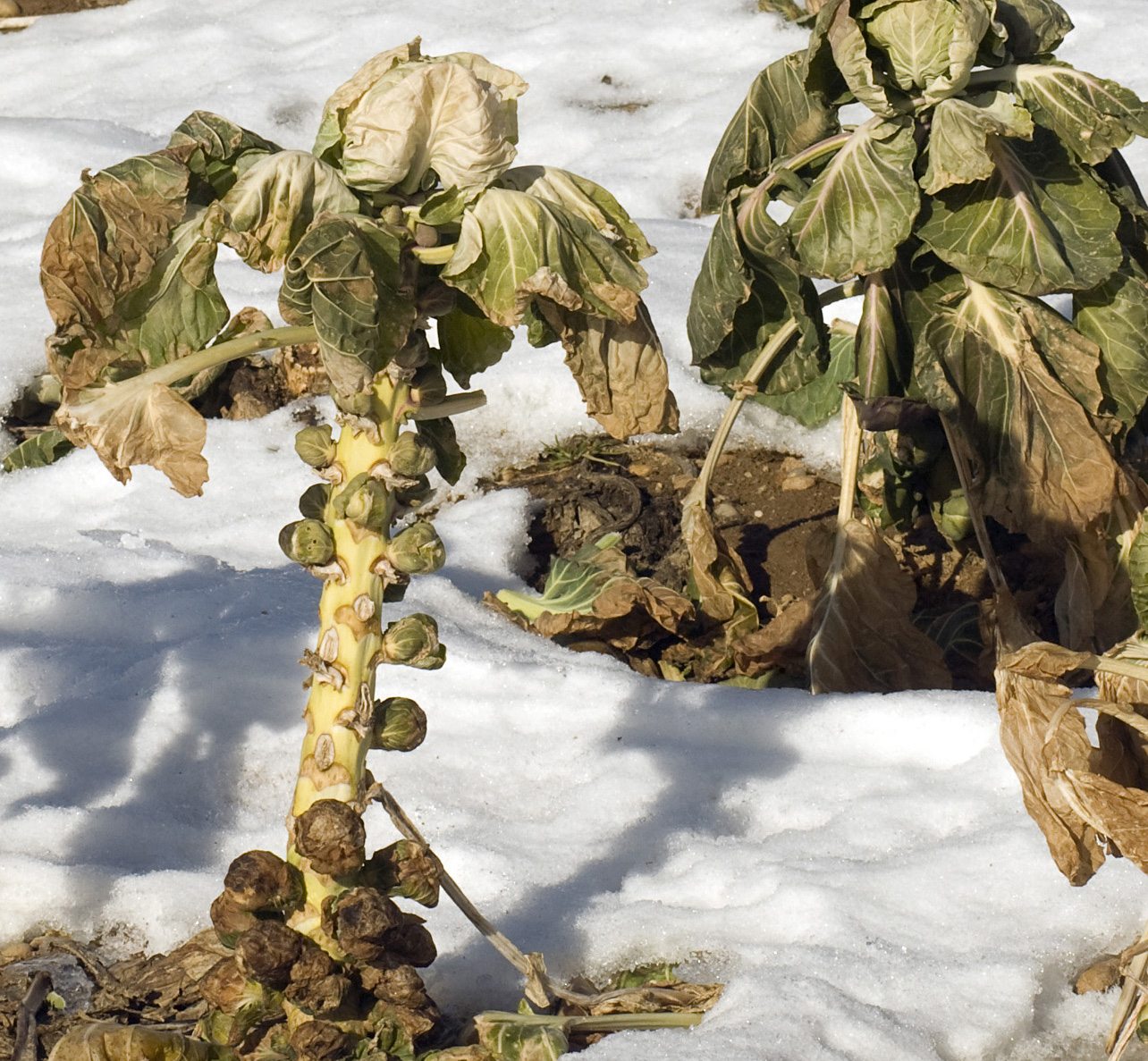 Brussels Sprouts: Pests And Diseases Affecting Brussels Sprouts Plants
Brussels Sprouts: Pests And Diseases Affecting Brussels Sprouts PlantsBrussels sprouts resemble little cabbages, arrayed on a stiff vertical stem. The rather old-fashioned vegetable has a "love it or hate it" reputation. The gardener needs to be wary of common issues, and this article will help.
By Bonnie L. Grant
-
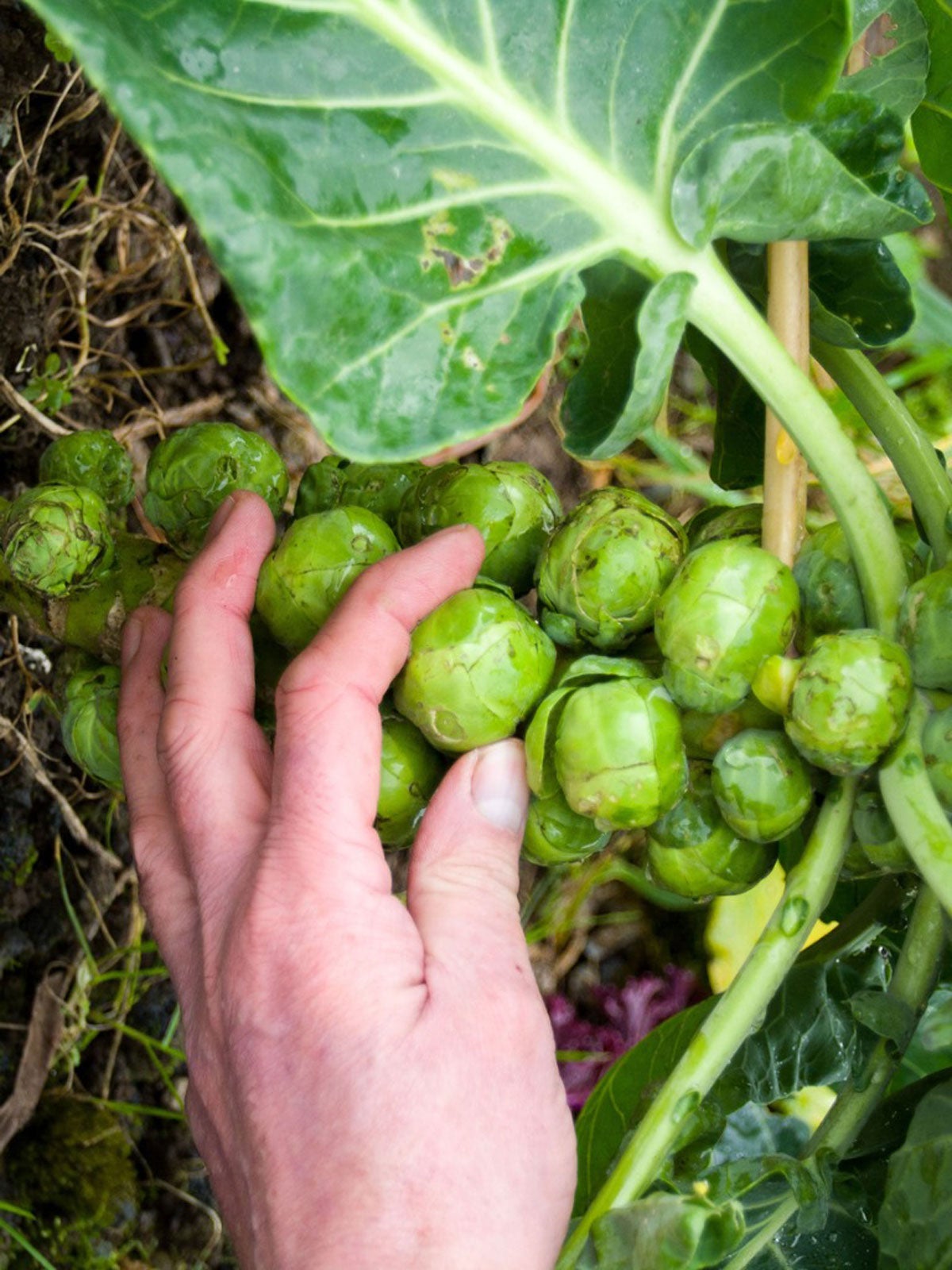 Picking Brussel Sprouts: How To Harvest Brussel Sprouts
Picking Brussel Sprouts: How To Harvest Brussel SproutsHarvesting Brussels sprouts provides a nutritious side dish on the table. Learning when to harvest Brussels sprouts can make your experience more flavorful. This article will help with harvesting Brussels sprouts.
By Becca Badgett
-
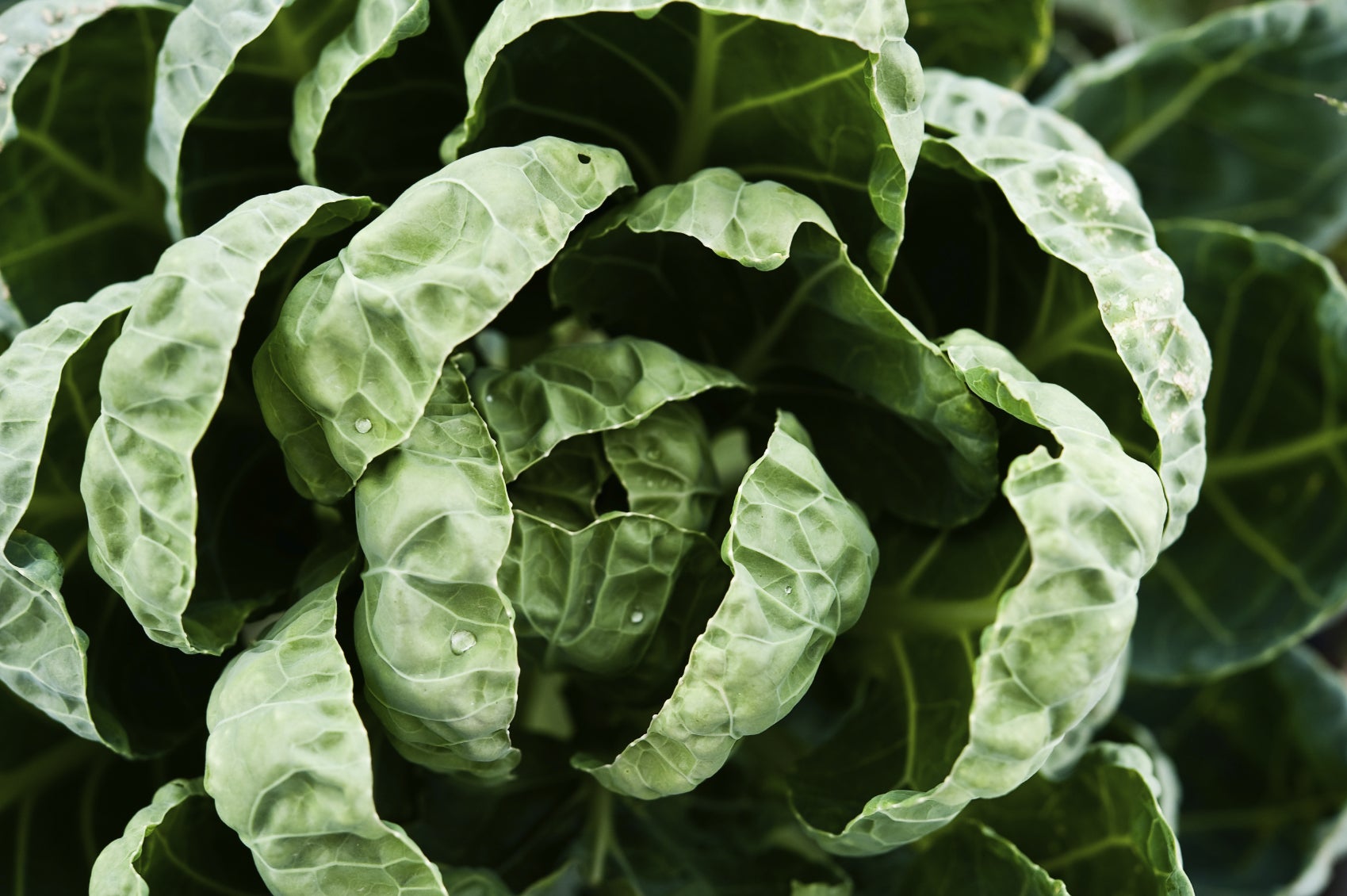 Brussels Sprout Problems: What To Do For Loose Leafed, Poorly Formed Heads
Brussels Sprout Problems: What To Do For Loose Leafed, Poorly Formed HeadsEven under the best conditions, growing Brussels sprouts is a tricky challenge for a gardener. One of the issues is when the plant has loose leafed, poorly formed heads. Learn more in this article.
By Heather Rhoades
-
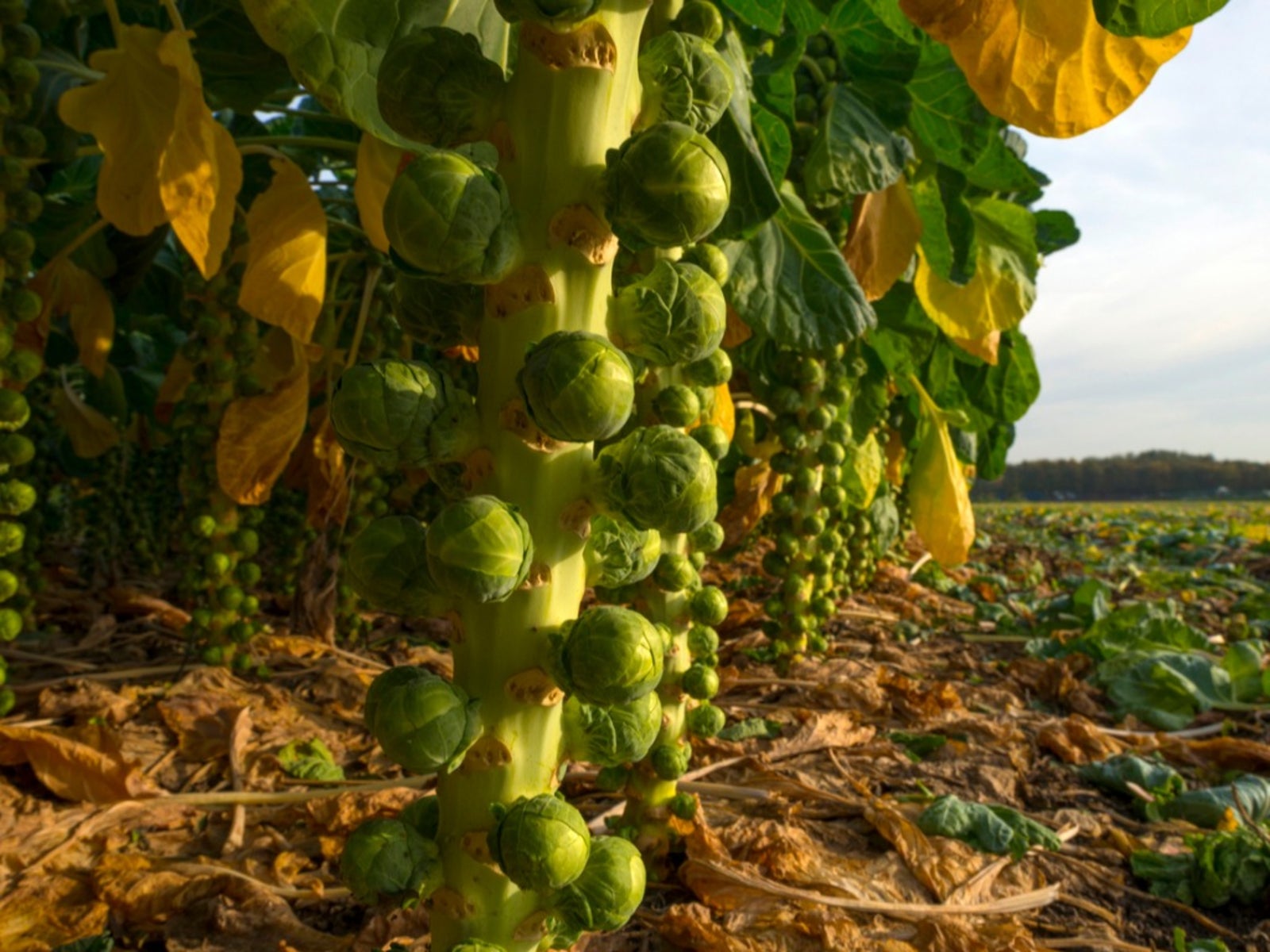 How To Grow Brussels Sprouts
How To Grow Brussels SproutsBrussels sprouts have gotten a bad rap. These miniature cabbage looking vegetables are extremely tasty if eaten freshly picked. Learn how to grow Brussels sprouts in this article so you can enjoy them too.
By Heather Rhoades